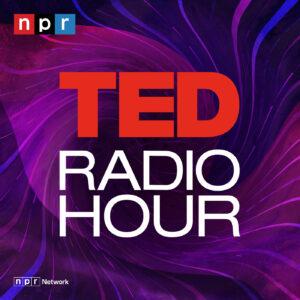
In this episode of “Stuff You Should Know,” the hosts explore the topic of kindness. They delve into the biological and psychological aspects of kindness, its benefits, and its impact on individuals and communities. From acts of kindness in animals to the role of empathy and compassion in human behavior, this episode uncovers the science behind kindness.
Animals displaying acts of kindness and altruism suggest that kindness may be a biological imperative. Darwin believed that compassion and empathy are markers of a healthy community that will survive in a fitter way.
Kindness has been shown to have numerous benefits, including reducing stress, increasing happiness, and improving physical health. Acts of kindness can be contagious and inspire others to be kind as well.
While children may not be innately kind, examples of kindness among children indicate that humans may have a natural inclination towards kindness. Studies show that children feel happy when they give treats to puppets from their own stash.
Kindness can be measured through scales such as the Interpersonal Reactivity Index and the Inventory of Strengths. Researchers at the University of Huddersfield have created a scale that clusters different aspects of being kind into three groups: benign tolerance, empathetic responsivity, and principle pro-action.
People of middle to lower socioeconomic status tend to give more to charity than those higher up in the socioeconomic ladder. Giving time can be just as charitable as giving money, and teaching children to be charitable, even when struggling financially, can be a valuable lesson.
Kindness triggers a biochemical reward system in the body, releasing oxytocin, also known as the love hormone. Acts of kindness make both the giver and receiver feel good. Witnessing an act of kindness can also have a similar effect.
Small acts of kindness can have a significant impact on relationships, even if they are seemingly insignificant. Couples who prioritize acts of kindness over negative interactions have more successful and lasting marriages.
Compassion fatigue can occur in industries where empathy and kindness are required, leading to mood swings, irritability, anxiety, and depression. Self-care is crucial in combating compassion fatigue, and there are resources available online to help individuals cope.
Kindness is a biological imperative that benefits both the giver and receiver. It has numerous physical and psychological benefits and plays a crucial role in building strong communities and relationships. By understanding the science behind kindness, we can cultivate a more compassionate and empathetic society.